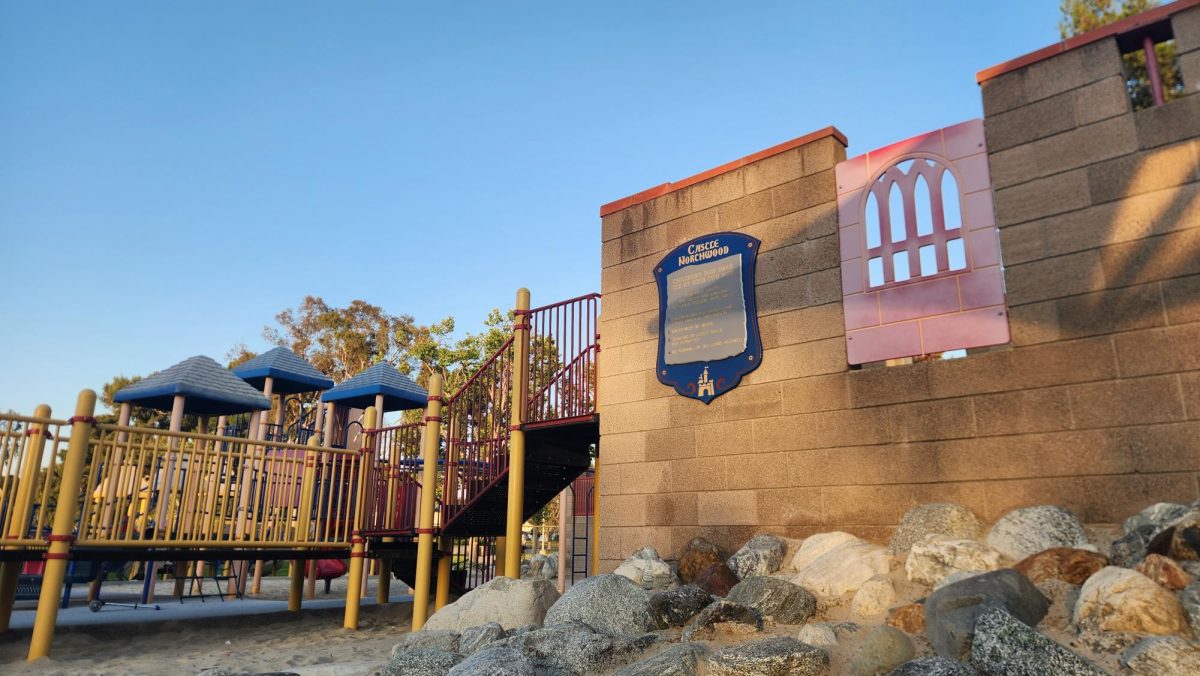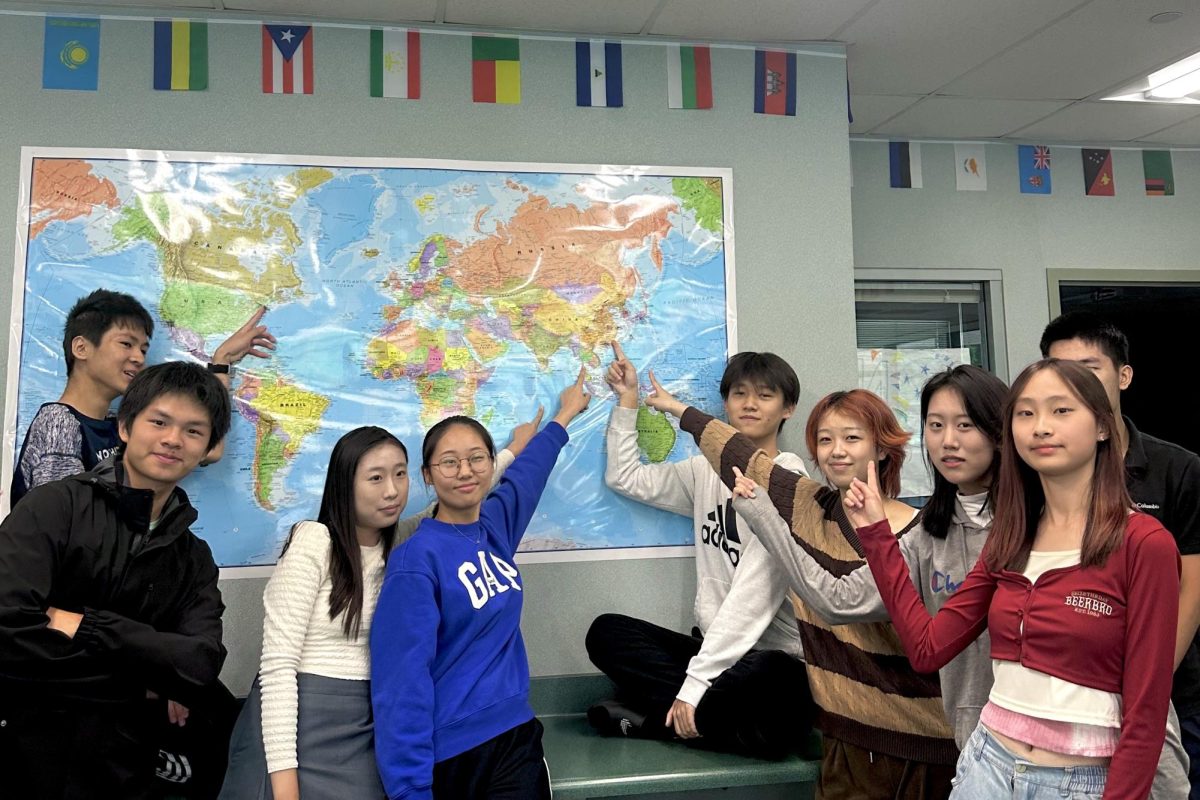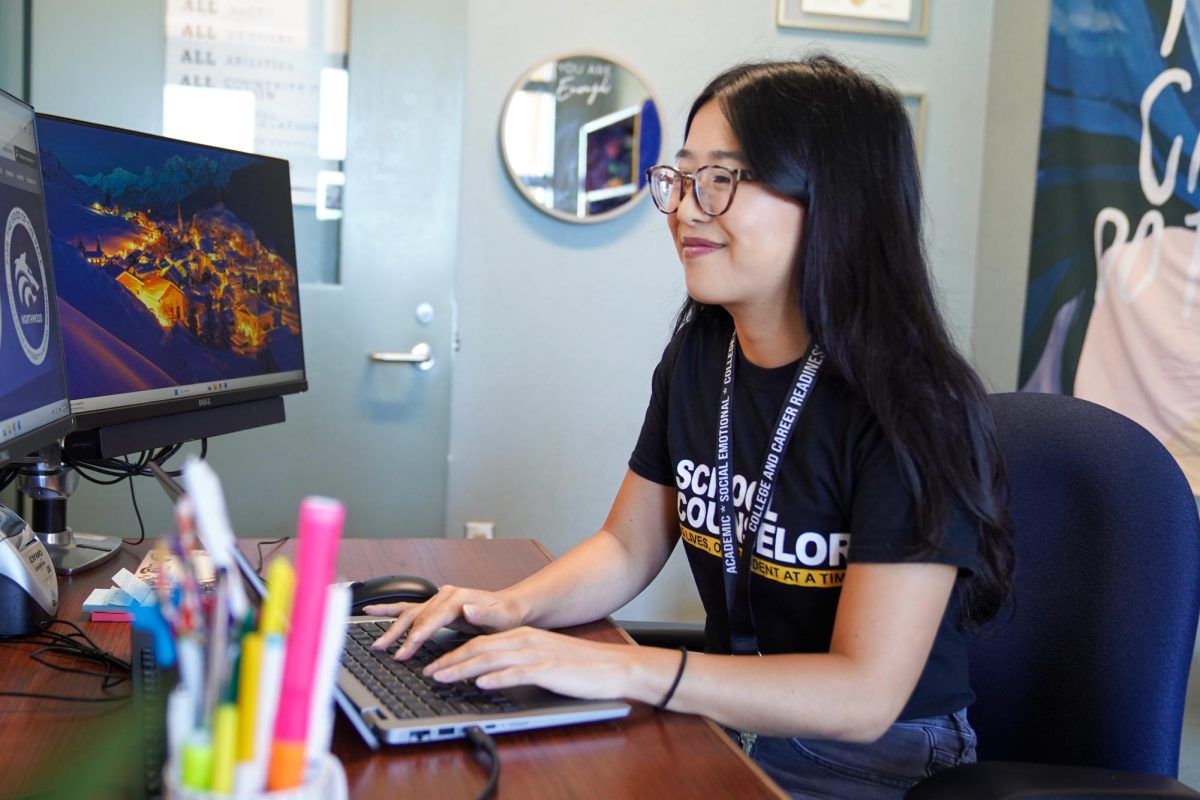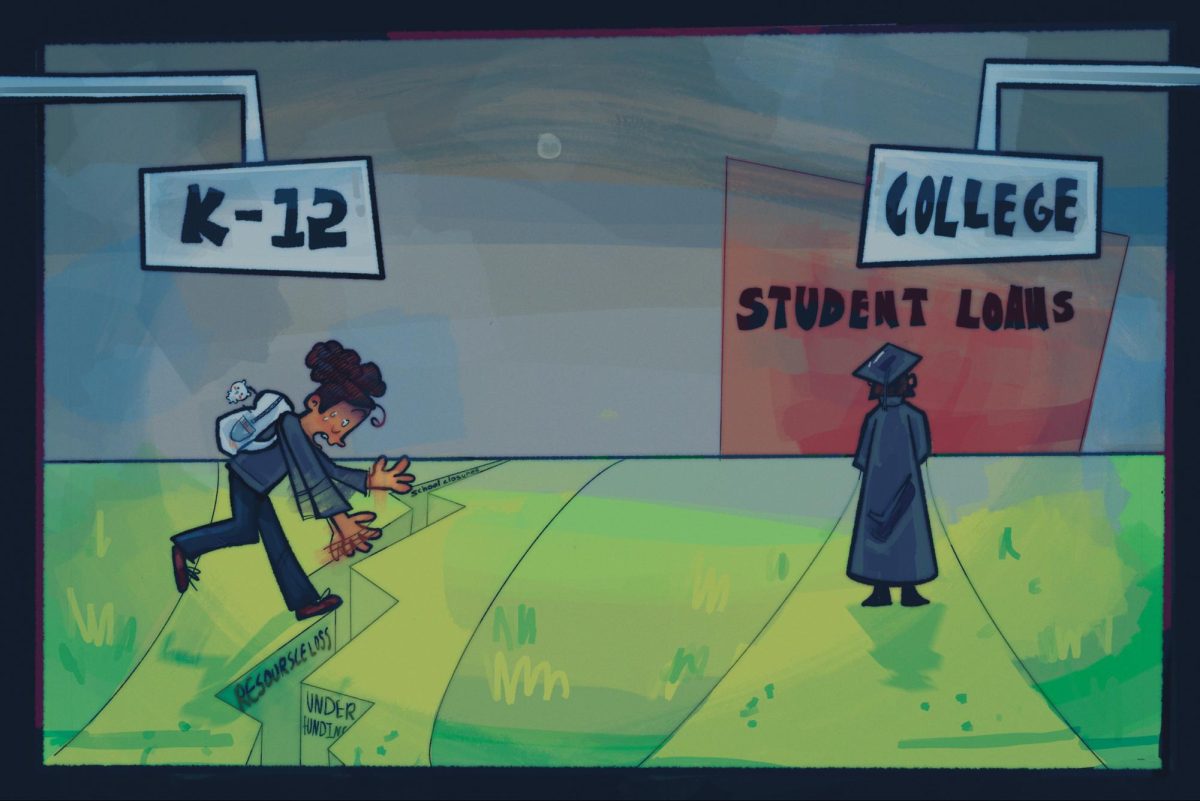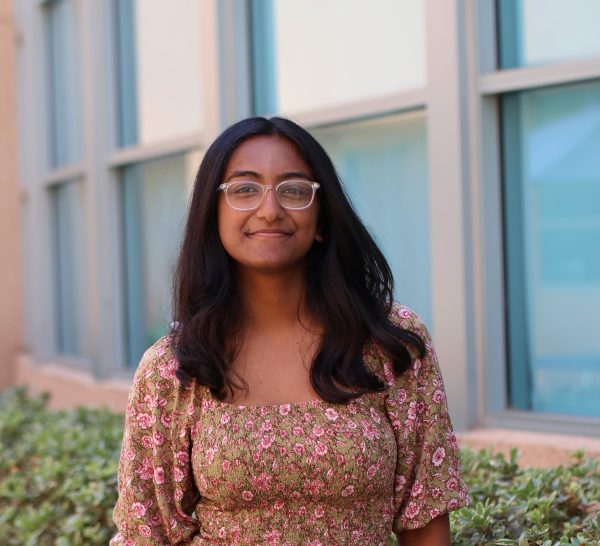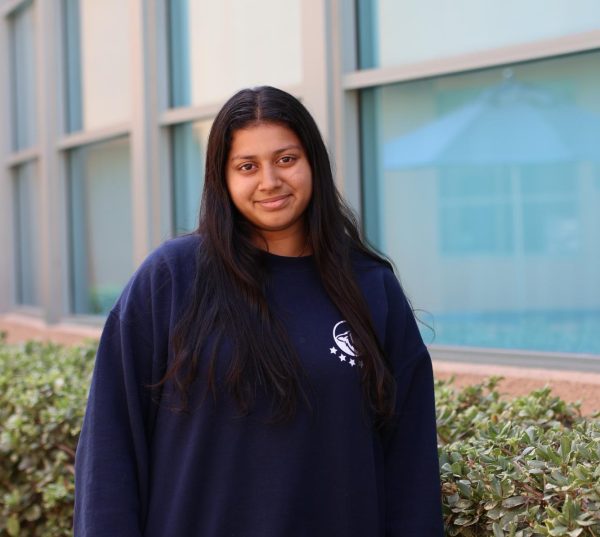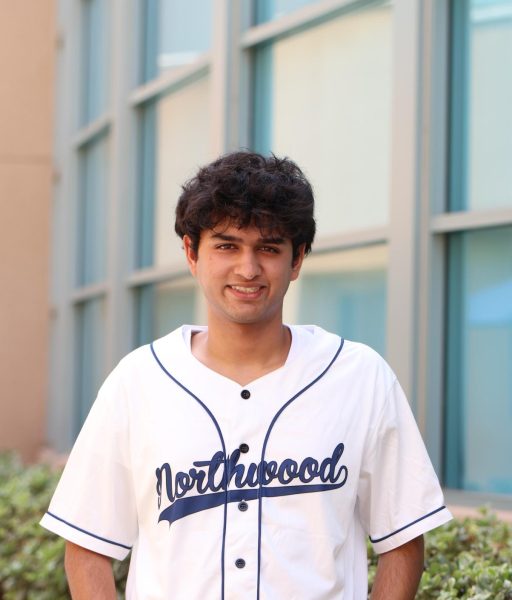
A p(A)triotic PUSH
“Hamilton” by Lin Manuel-Miranda may leave us satisfied, but U.S. History is more than just the tale of Alexander Hamilton’s ruthless ambition and torrid affair. APUSH challenges commonly held misconceptions about the foundations of United States to explain the history of political issues still up for debate today.
APUSH is known for being a difficult class, but the course rigor is exactly what makes it beneficial. It will help you develop the analytical skills and work ethic needed to succeed in any AP class. It will also give you a head start on unit one of AP Government, which many students take senior year to fulfill graduation requirements.
“Kids are able to take in a lot of information and synthesize it so it makes sense and then put out a product,” APUSH teacher Bryan Hoang said. “Students who spend the year with us are really able to see things from multiple perspectives and see how two contradictory things can be true at the same time.”
Furthermore, APUSH delves into the necessary context to understand the political dynamics of today. The 2022 Supreme Court decision overturning Roe v. Wade is a current example of the centuries-old debate over state versus federal rights, which stems from the adoption of the US Constitution itself.
Not only that but because the U.S. only has about 300 years of history as opposed to the thousands of World History, APUSH examines each historical moment comprehensively, allowing for a deeper understanding of the content.
“Through APUSH, I have become so much more knowledgeable about how America came to be,” senior Inaya Jaffer said. “APUSH has taught me the importance of looking into history and connecting different concepts or time periods together to delve into viewing events from entirely different lenses, giving me background information on historical events that has helped me further my understanding of current issues.”
Ultimately, APUSH allows students to gain a better understanding of American politics and society, contextualizing current political controversies and debates through a wider lens and helping students make a more informed decision when casting a ballot.
The wonders of World
World History for Northwood students might be reminiscent of totalitarianism or a very long, grueling Anchor about Things Fall Apart—but worry not. AP World History, full of songs about Chinese dynasties and in depth-discussions about empires, is the perfect class for students to expand their horizons of historical knowledge and better appreciate global diversity.
With units on China, India, the Islamic Empires and other cultures, WHAP is a perfect opportunity to explore the history of nations outside of the Western World, expanding on themes introduced in Humanities 9.
“I’ve seen some of the concepts that I’ve learned in H9 History, but what’s different is that AP World ties together these different concepts and timelines that we’ve learned throughout the years in a way that’s new and exciting,” junior Chloe Tsai said.
WHAP emphasizes building connections and understanding content, rather than brute memorization. This provides many students with an easier learning method that better encompasses the content they learn.
While APUSH may provide the foundation for U.S. politics, WHAP prepares students for future education through a holistic education that focuses on the rise and falls of empires and the interconnectedness of politics and culture in both historical and modern societies. Combining studies of religion, development of technology and culture, WHAP creates more informed voters who better understand social needs from a global perspective in an increasingly globalized US climate.
“WHAP is good for any student who wants to see the world as it has come to be on a global scale rather than targeted to just one country,” WHAP teacher Logan Sewell said. “It helps us in understanding the roots of wealth disparity and understanding past civilizations builds foundations that have allowed us to live the lives that we do today.”
With the historical content to back it up, WHAP students are able to see history from a global standpoint, changing their outlook on domestic issues as they are able to take into account more cultures of the past. In a world with so many universal issues, global, political and cultural literacy can feed necessary innovative solutions while improving students’ understanding of other cultures in an increasingly interconnected world










